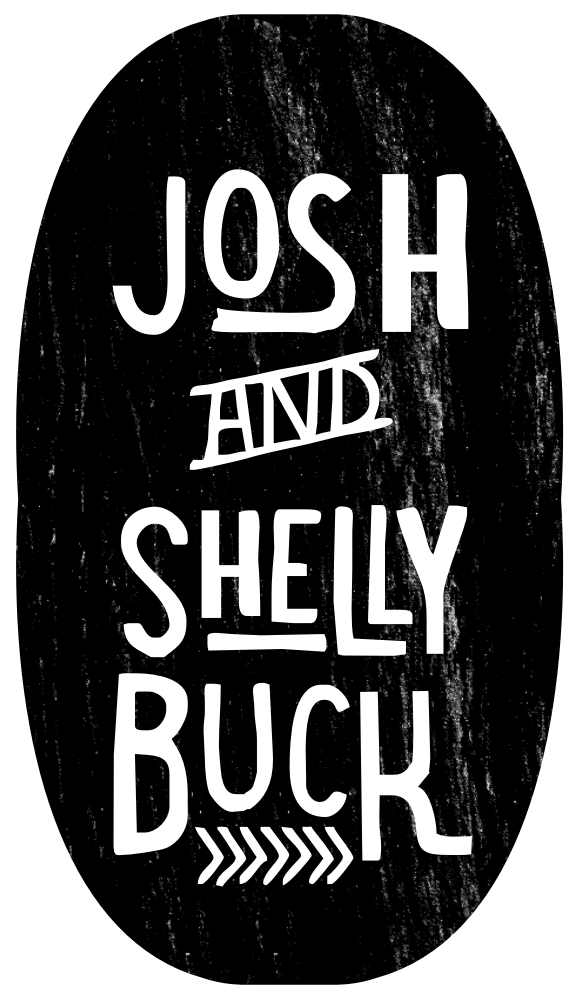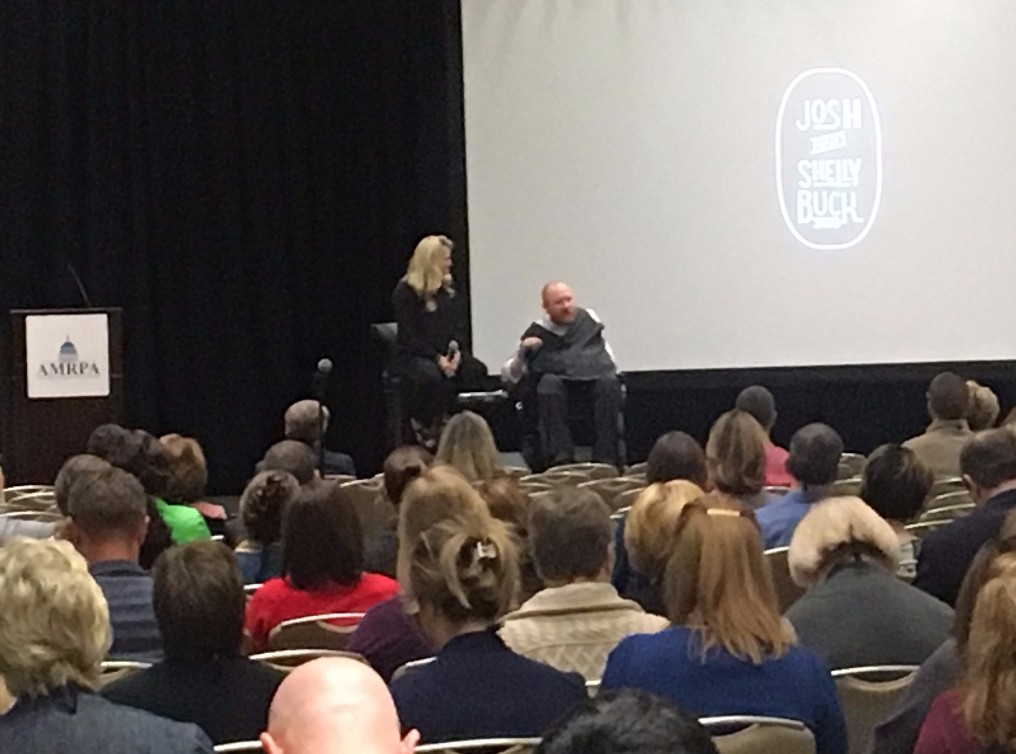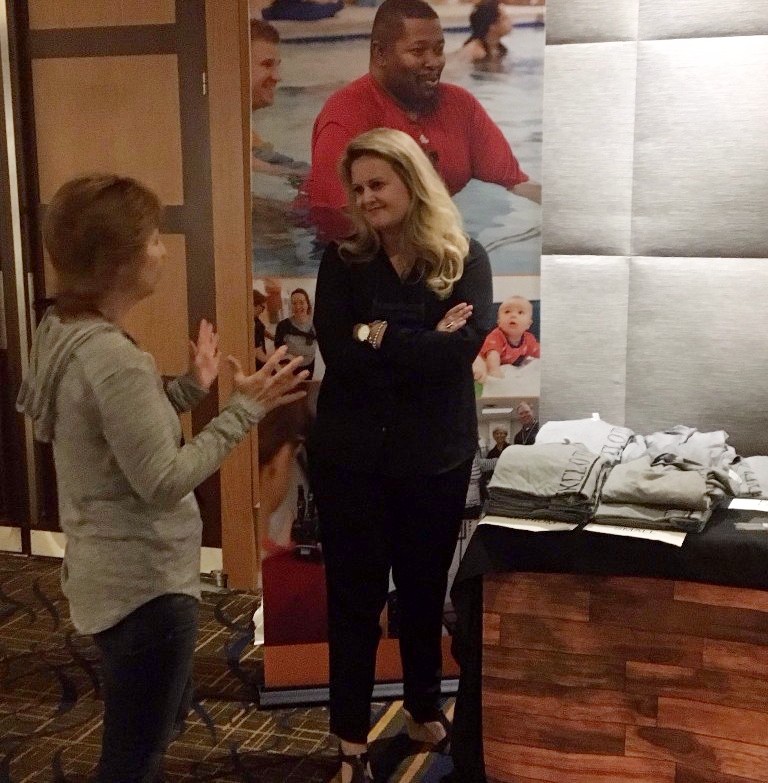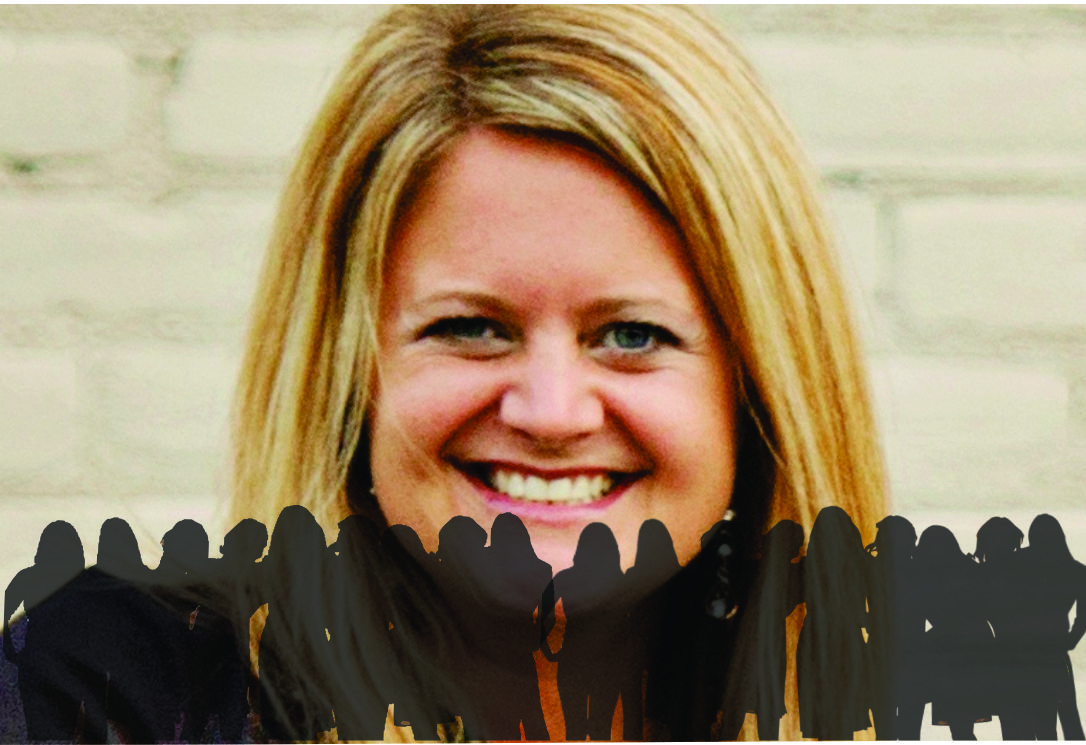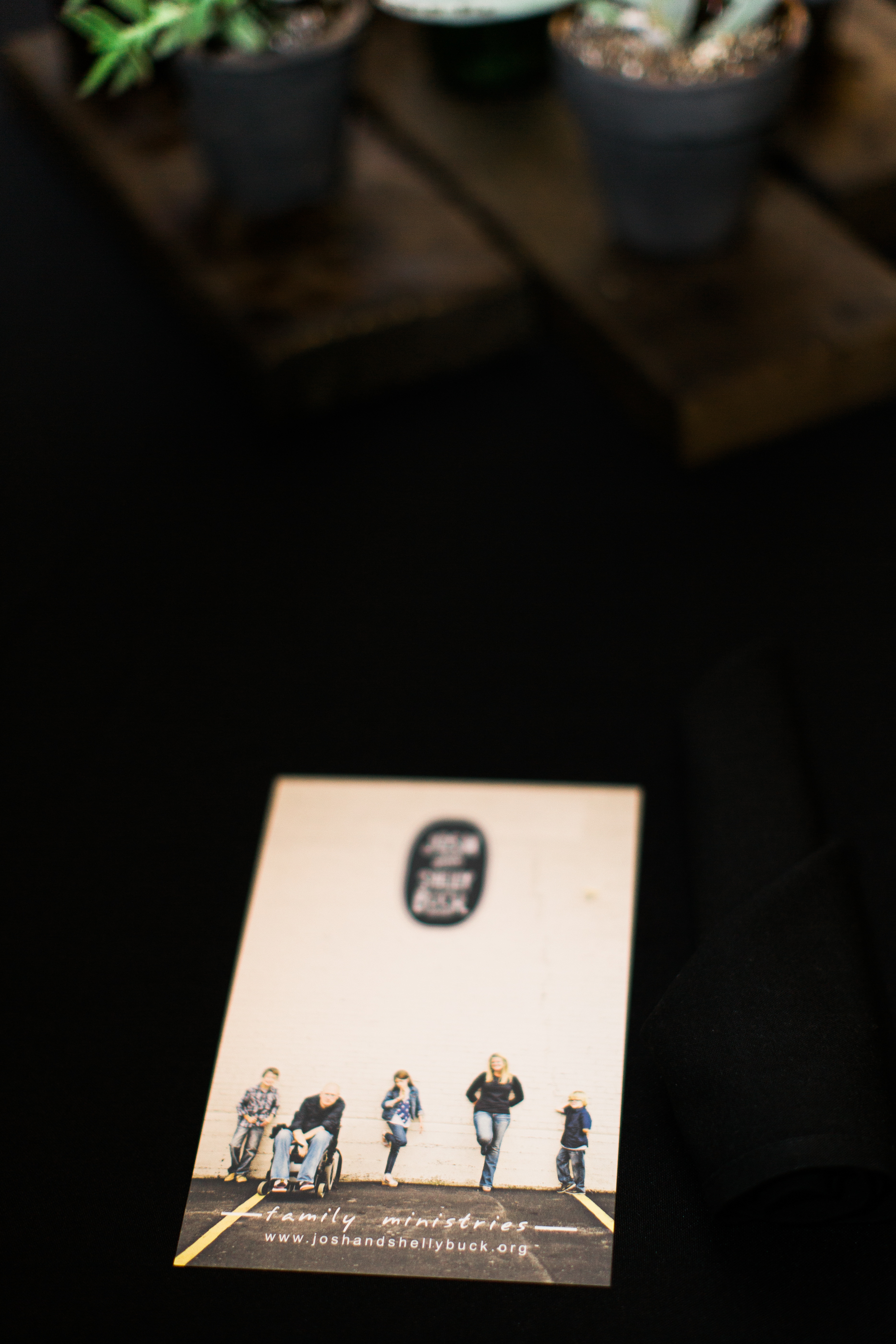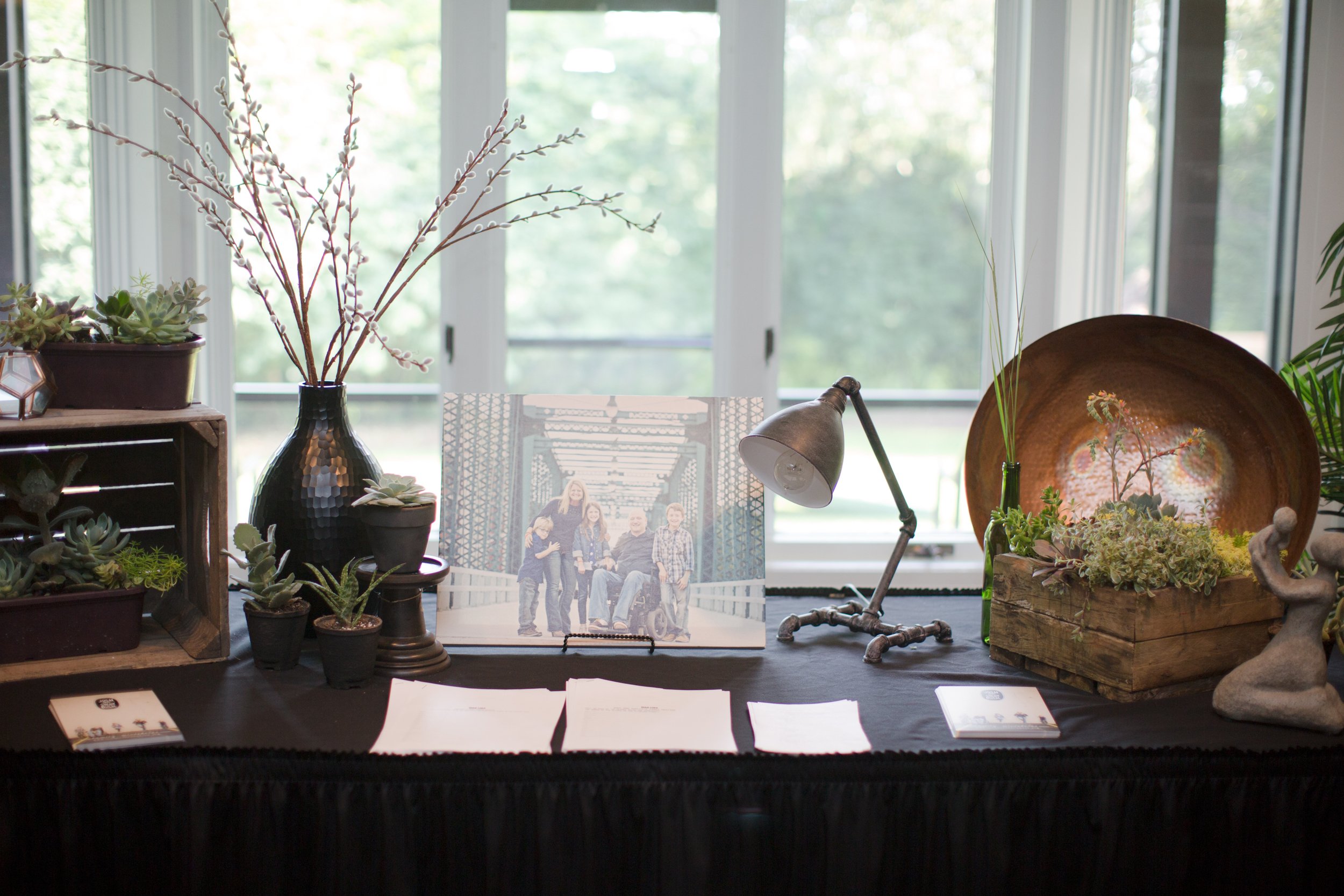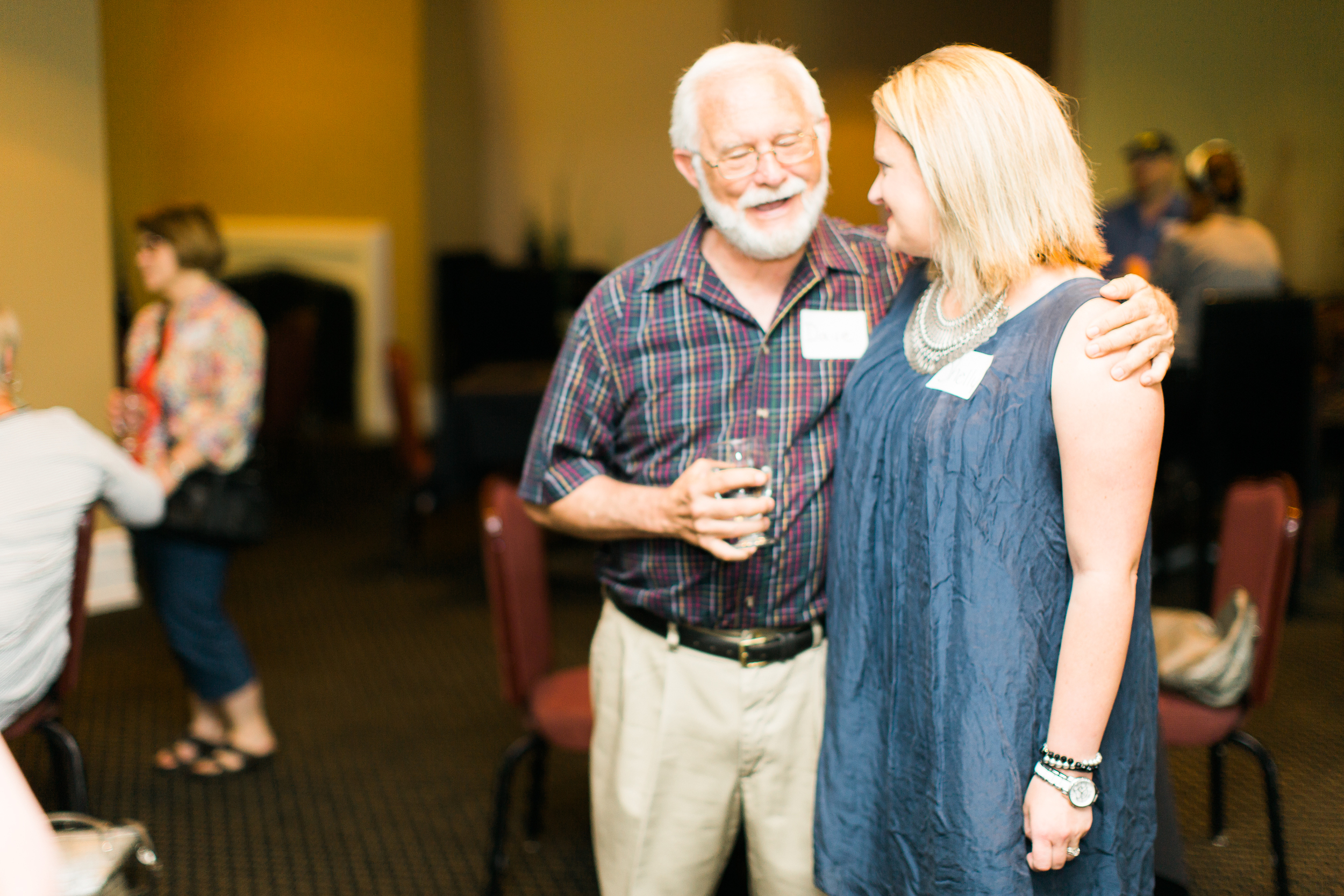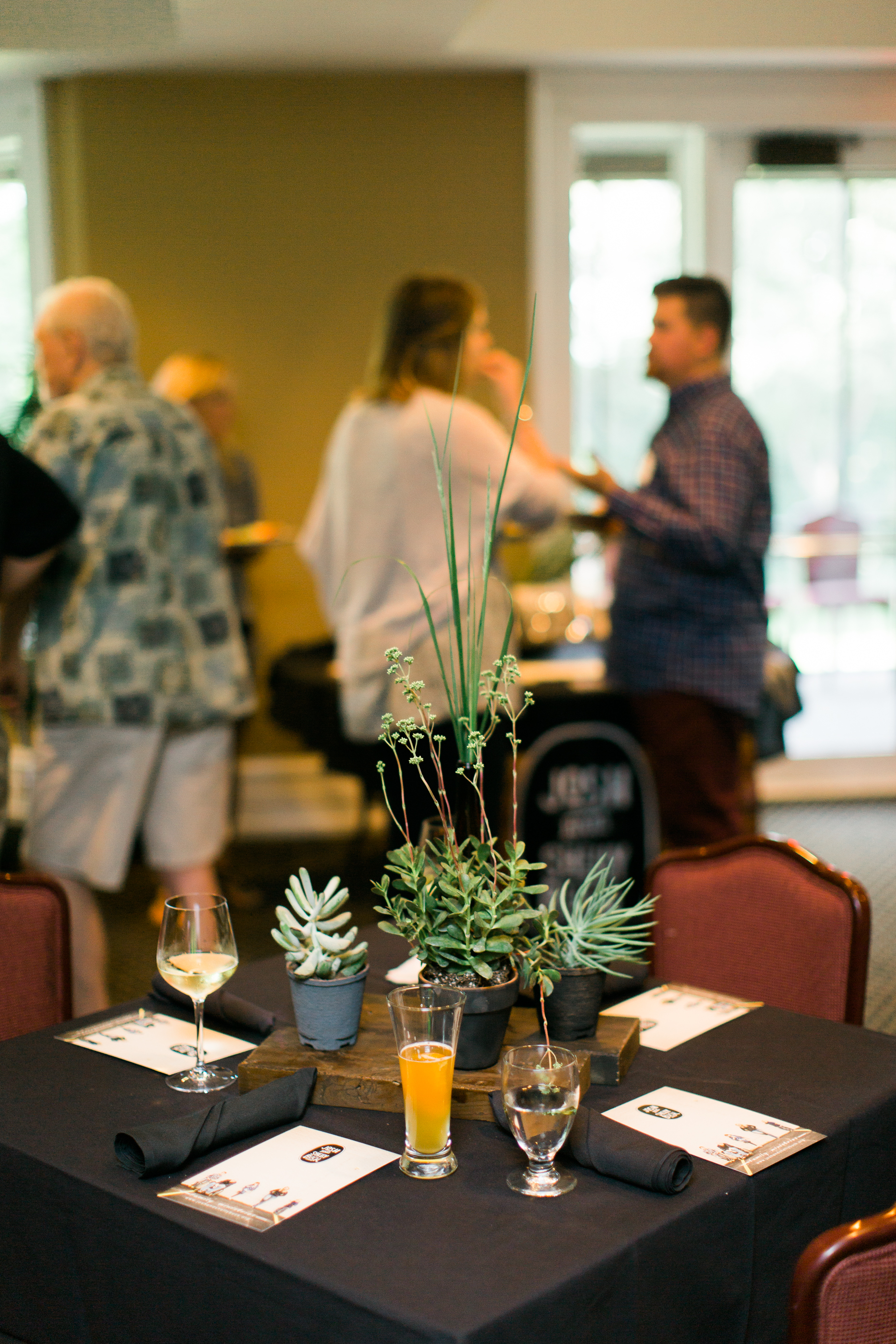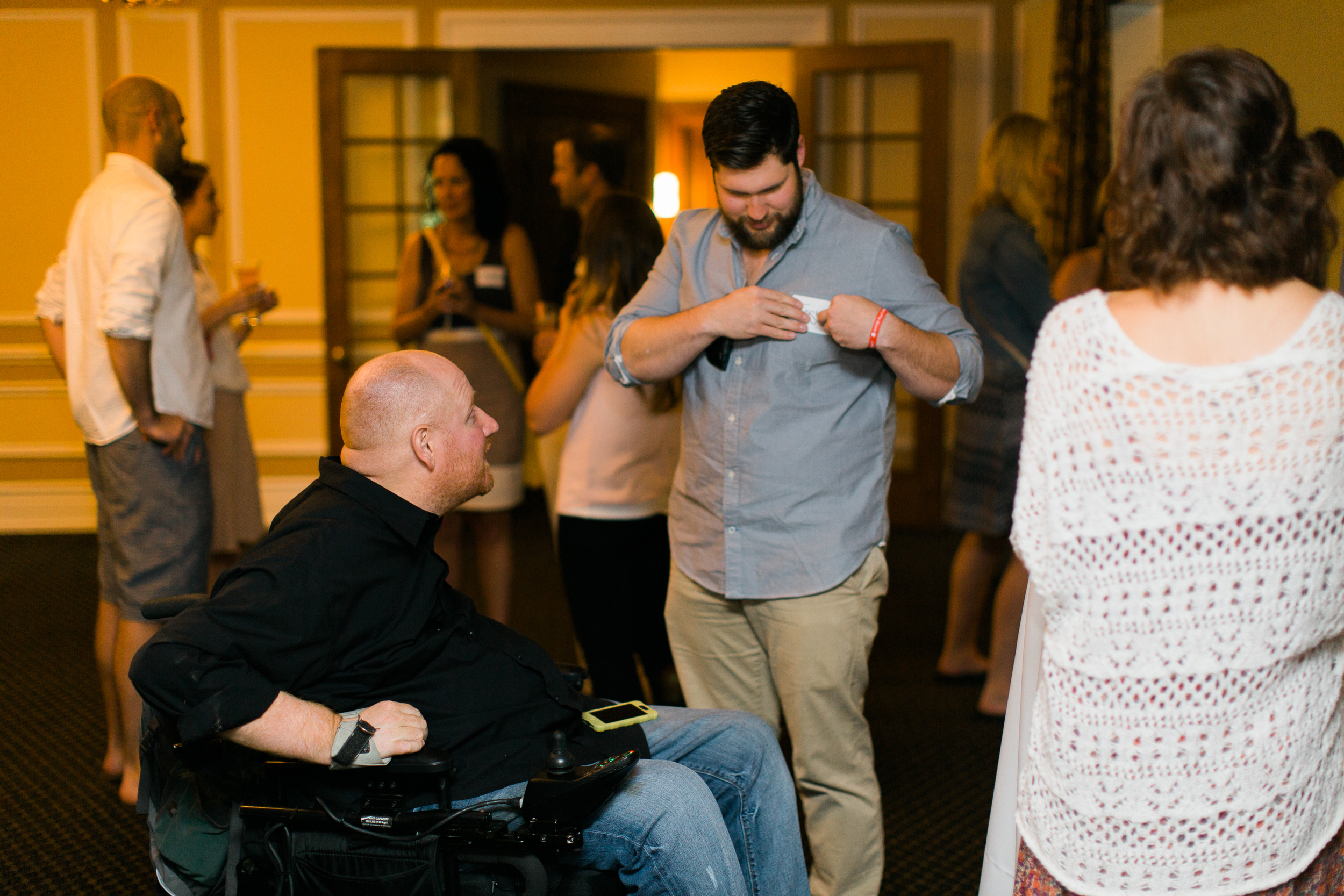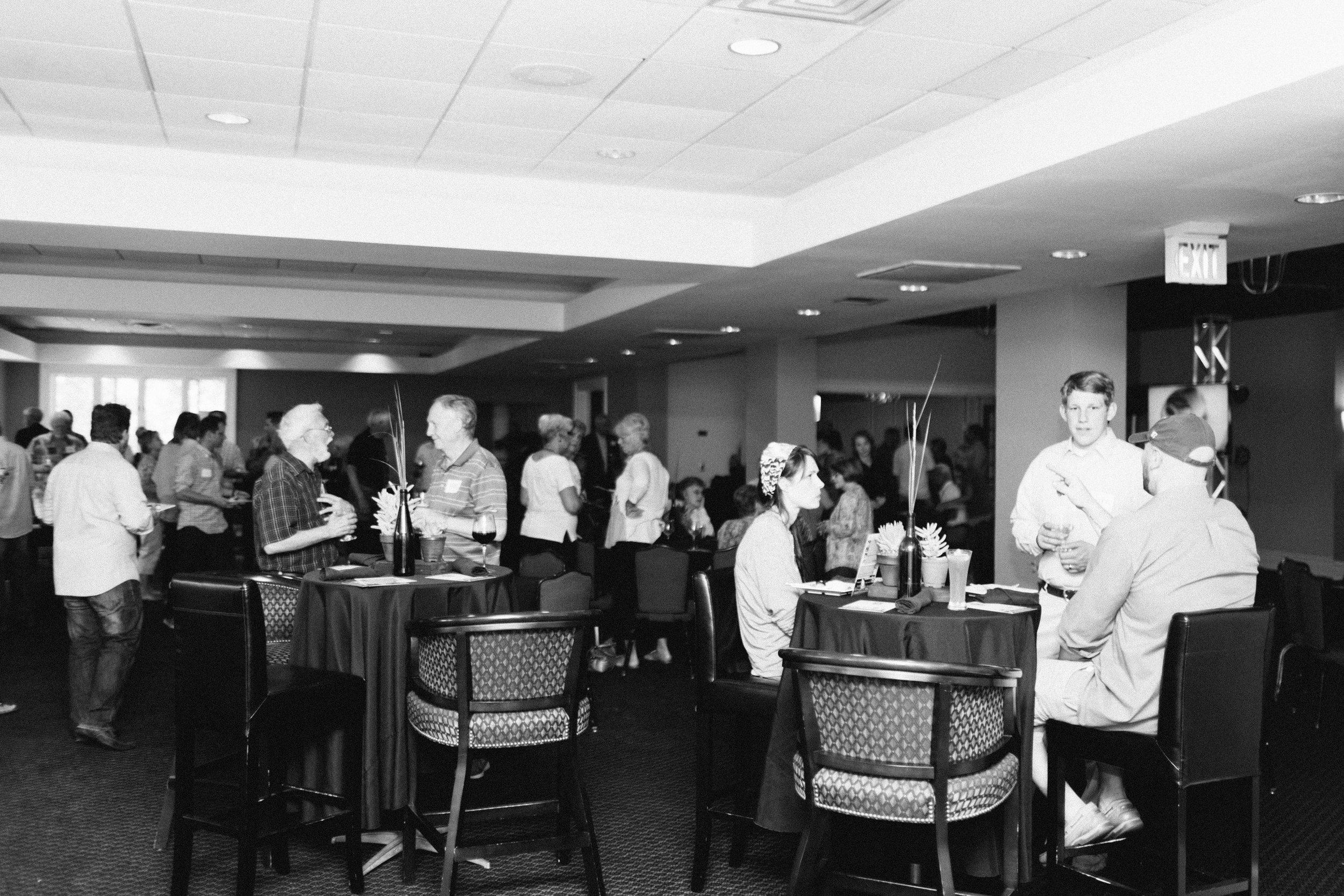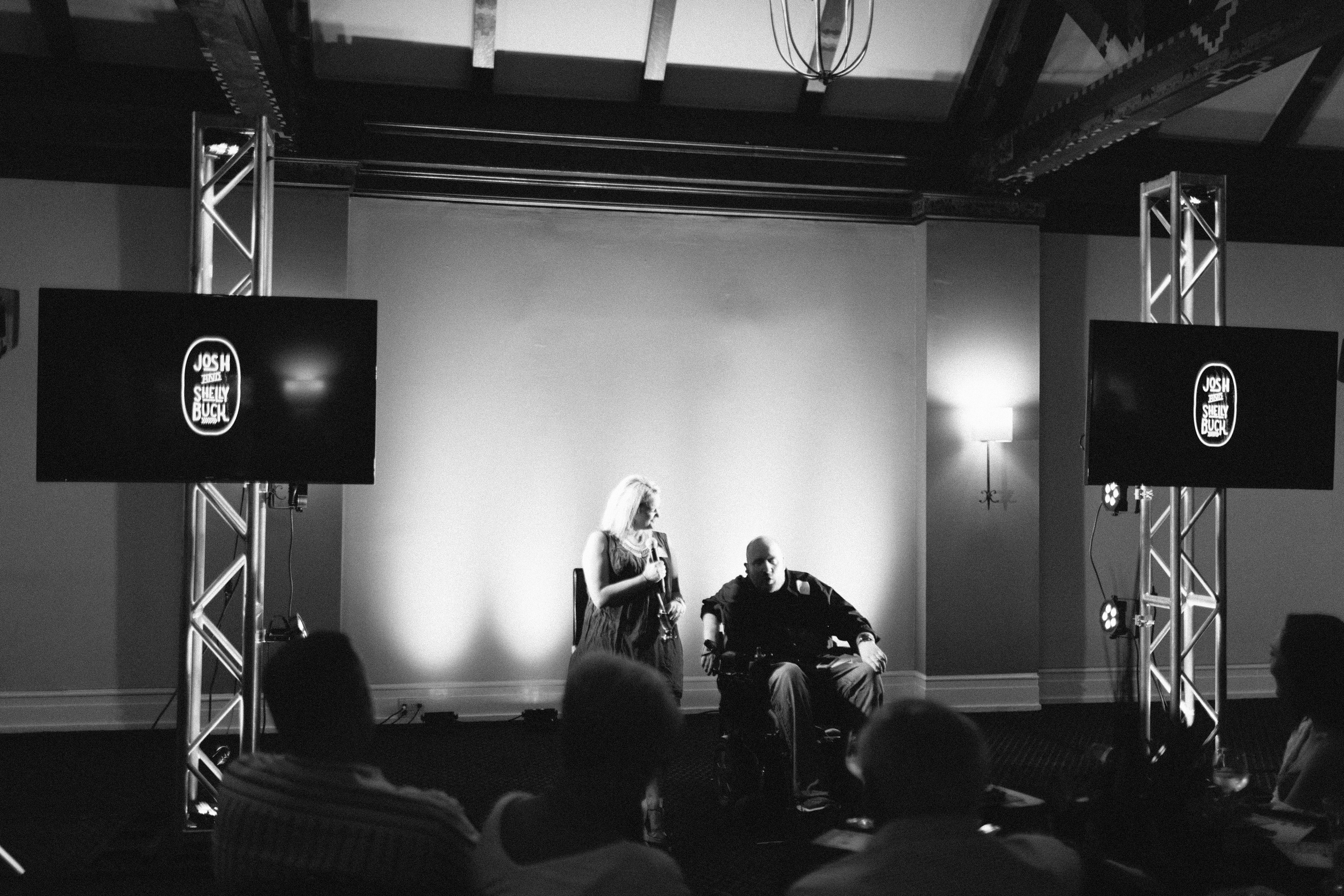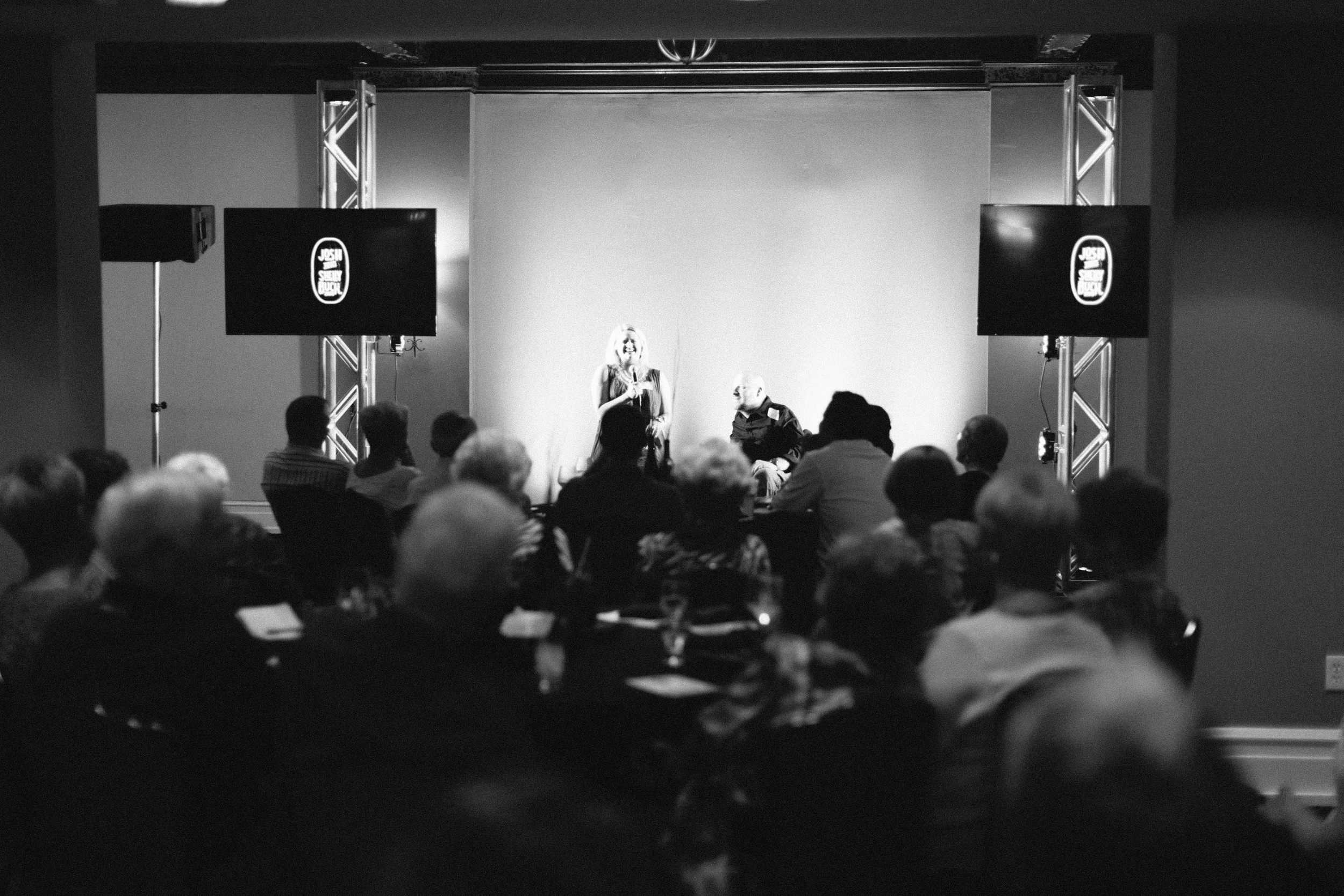Whenever there is a holiday, I look for special music to listen to. American Pie by Don McLean is my very favorite Fourth of July song. It's old, but not too old. It's acoustic but not wimpy. It's simple, but it's mysterious. What in the heck does it mean?
Well… if you've ever wondered like I have, I came across a great lyrical breakdown explanation a few years ago. The original was by a student at Allegheny College. I can't find it. But I can find a site that quotes it in its entirety. It's enigmatic. I think it's fascinating. I also think it should be of special interest to any baby boomers out there. It's the story of your generation's music. Here it is. Dive in. It's beautiful. It's the history of rock'n roll.
Verse 1
A long, long time ago...
American Pie was written in 1971 and the time McLean is going to talk about is the 1950's. This seems
like a long time ago 'cause of all the turmoil that occurred in the 60's.
I can still remember how that music used to make me smile.
McLean's favorite music was that of the 50's.
And I knew if I had my chance, that I could make those people dance, and maybe they'd be happy for a while.
In the 50's, the major purpose of music was for dancing (sock hops). He wanted to play rock & roll so people could have a good time.
But February made me shiver
Buddy Holly died on February 3, 1959 in a plane crash in Iowa. He was McLean's hero.
With every paper I'd deliver
Donny boy's only other job besides songwriting was a paper boy.
Bad news on the doorstep, I couldn't take one more step
This story was obviously on the frickn' front page and made McLean freeze in his tracks.
I can't remember if I cried
He can't remember if he cried.
When I read about his widowed bride
Holly's wife was pregnant when the accident occurred and soon after had a miscarriage.
But something touched me deep inside
I don't even wanna know!
The day the music died.
The crash took the lives of three current rock legends: Holly, Richie Valens and the Big Bopper, so now Feb. 3, 1959 is called "The day the music died." The music that died is considered the standard rock & roll songs. The crash was the final blow («--keyword) to this music 'cause these three were that only major artists left. Elvis was drafted, Little Richard (or "Little Dick") turned gospel, and Chuck Berry was arrested for screwin' a prostitute.
Refrain
So bye, bye Miss American Pie
Pimp Daddy McLean was dating one of the Miss America contestants during one of the pageants. Also the "American Pie" part is a symbol of the American Dream (at least of the 50's), it was also the name of the plane that crashed and killed Holly (or so goes the rumor).
Drove my Chevy to the levee but the levee was dry
The American automobile was the Chevy. The levee business shows that America wasn't fertile anymore (at least in the sense of music). "Chevy" rhymes with "levee."
And them good old boys were drinking whiskey and rye singing "This will be the day that I die, this will be the day
that I die."
The traditional Americans are depressed with the current lifestyle (60's). The song comes from Buddy Holly's "That'll be the day," that eventually says "that I die."
Another interesting note brought to my attention by Scott Tilles, is that the Levee was a bar in Purchase, NY near McLean's hometown. There is also a Levee, NY which is about 15 minutes from the school he attended.
Verse 2
Did you write the book of love?
"The Book of Love" was a hit in 1968 by the Monotones.
And do you have faith in God above, if the Bible tells you so?
In 1955, Don Cornell wrote "The Bible Tells Me So" and there is a Sunday School song "Jesus Loves Me," with the line "For the Bible tells me so."
Now do you believe in rock & roll?
This is from the great song "Do You Believe in Magic?" by the Lovin' Spoonful, written by John Sebastin in 1965. One of the lines is like trying to teach a stranger 'bout rock & roll," and another is "the magic's in the music and the music's in me." The "magic" this Johnny was talking about is the ability of a song to stick in your head. Often times songs bring back memories of the past, this is what the magic is. This magic is especially in rock & roll, 'cause you experience it without thinking about it or trying to analyze the bloody lyrics (like some asshole is right now). Another lyric is "so just blow your mind." (Don't think about it).
Can music save your mortal soul?
Given all that, can music help you get though life? I'm sorry I can't answer that. All of these questions ask about life and if God exists.
And, can you teach me how to dance real slow?
Dancing in the 50's wasn't like it is today. If you danced with someone, you then were committed to them.
Now I know that you're in love with him, 'cause I saw you dancing in the gym.
Like I said, dancing was serious stuff. McLean caught his love cheating on him.
You both kicked off your shoes
Reference to a "sock hop."
Man, I dig those rhythm and blues
He's depressed, and you listen to that kinda of music. There's a style of music for every feeling.
I was a lonely teenage broncin' buck
ummmm.....yeah, so was I......
With a pink carnation and a pickup truck
A pickup truck was a symbol of sexual freedom (and it rhymes with "buck" and "luck"), and Marty Robbins had a hit with "A White sport Coat (And a Pink Carnation) in 1957.
But I knew I was out of luck, the day the music died.
These old crazy things that worked in the fifty's no longer work, 'cause the 60's brought a new social revolution. Peace Out!
Verse 3
Now for ten years we've been on our own
The music died 1959, McLean more than likely started writing this song around 1969.
And moss grows fat on a rolling stone
The great Bob Dylan wrote "Like a Rolling Stone" in 1965. This was his first MAJOR change from folk music. In late 1966, Dylan was involved in a motorcycle accident, and hid in his house in Woodstock, NY for a good year, hence the "fat," and the moss shows the time change. Dylan didn't really get his muse back till 1975.
but that's not how it used to be.
McLean liked Dylan as a folk singer in the early sixties more than his folk-rock style in the mid sixties. (I wonder what he thinks of Dylan's religious phase!)
When the jester sang for the king and queen
Ok, the jester's Bob Dylan. The king is Peter Seger and the queen is Joan Baez. These were the two big names in folk at the time early '60's). During the Newport Folk Festival in 1963, Dylan was honored to play his own set and then combine with these two legends to sing his song "Blowin' in the Wind."
In a coat he borrowed from James Dean
In the Dean movie "Rebel Without A Cause," he wears a red windbreaker. On the cover of the Dylan's "Freewheelin'," he is seen also in a red windbreaker. This cover also resembles a famous picture of Dean. This ties in with the previous line 'cause this album is were Dylan really took off, with such songs as "Blowin' in the Wind" and "A Hard Rain's A-Gonna Fall."
And a voice that came from you and me.
This means two things. 1. Dylan was the spokesman for the 60's (and he was) and 2. He didn't have the best singing voice in the world, and even you and me could sing like him (but you could write like him if Shakespeare «he's in the alley» himself told you what to say!)
Oh, and while the king was looking down
This could mean two things; Pete Seger remained a traditional folk singer, while Dylan was constantly reinvented himself and therefore became unbelievably popular. This could also be a reference to Elvis (the King of rock and roll), because he joined the U.S. Army and reportedly dropped his soap everyday in the shower.
The jester stole his thorny crown
While Elvis was in the army, Dylan took his spotlight and changed the whole music business. The thorny crown is the price of fame, and is referenced with Jesus's thorny crown before he was murdered.
The courtroom was adjourned, no verdict was returned
This deals with the Kennedy assassination. Lee Harvey Oswald was never convicted because he was murdered.
And while Lennon read a book of Marx
This is about the Beatles music becoming political. Songs like "Revolution" (1968) (which actually mentions Chairman Mao) were much different then "Love Me Do" (1963). Many American adults thought the Beatles were bad for the American youth, especially after Lennon's remark in 1966 about Christianity. He said "Christianity will go. It will vanish and shrink. I needn't argue with that; I'm right and I will be proved right. We're more popular than Jesus now; I don't know which will go first: rock 'n' roll or Christianity." This started anti-Beatles burnings and such.
The quartet practiced in the park
The quartet was the Beatles (there were four, not including if Paul McCartney is really dead!) and the park thing is Candlestick Park, the place of their last concert. It was practicing 'cause their music would grow after they stopped touring (their first project after this was "Sgt. Pepper" which is considered the best album of all time).
And we sang dirges in the dark, the day the music died.
A dirge is a funeral song. These songs were for the Kennedy's (John and Robert) and Martin Luther King, all who died in the mid 60's. And remember- "Dark" rhythms with "Park"
Verse 4
Helter Skelter in a summer swelter
Charles Manson is one of the most dangerous cereal killers ever (his favorite was coco-puffs). In the summer of 1968, he massacred an entire family 'cause of the Beatles song "Helter Skelter," which appeared on the white album. He thought that the Beatles were warning America about the racial conflict and it was "coming down fast." He thought the Beatles were the four angels mentioned in the Book of Revelation in the Bible. Manson wrote the title of the song on the wall in blood after committing the murders. Also, he thought in "Revolution 9" that Lennon was saying "rise" instead of "right," thought the line "They need a damn good wacking" from "Piggies" was telling him to kill people and the "Hollywood Song" in "Honey Pie" was about him 'cause he lived near Hollywood. He was dropping too much acid and thought the Beatles were talking directly to him and told him to kill those people.
The Byrd flew off with to a fallout shelter
The Byrd's were a popular folk-rock group, with the huge cover of Dylan's "Mr. Tambourine Man," in 1965. One of the members was arrested for possession of marijuana and a fallout shelter was another name for a rehab program. A strange note is that Dylan's "Mr. Tambourine Man" appeared on his "Bringing It All Back Home" record, and on the lower left corner of the cover is a fallout shelter sign.
Eight miles high and falling fast.
"Eight Miles High" was the first ever psychedelic song (it was written while high on speed, and the sound of the guitar was supposed to sound like a saxophone). The falling fast part is probably about the fact that the Byrd's abandoned folk-rock for country music with the album "Sweetheart of the Rodeo," in 1967
Then landed in the foul grass
Foul grass meaning marijuana.
The players tried for a forward pass
Here the football metaphor starts. The players are the protesters in the 60's. The forward pass was their movement to change the situation they were in, full of government corruption.
With the jester, on the sidelines in a cast.
emember jester=Dylan. In late 1966, while riding near his house in Woodstock, NY, he briefly glanced into the sun and lost control of his bike. When he went to brake, they locked up on him and sent him flying off the motorcycle. It took him about 9 months to recover (or was he just pregnant and trying to hide it from the world????), in which time he very rarely left the house, hence the cast.
Now the half time air was sweet perfume
Flower Power, groovy baby! Drugs, man, drugs.
While sergeants played a marching tune
Sgt. Pepper, Beatles, 1967, recently named the most influencal album of all time. First ever concept album. First to have lyrics printed on the back. First to have a design on the protector of the record. Included an elaborate cover design and cut-outs. As far as the music goes, it had drug references in Lucy in the Sky with Diamonds, sitars, animal sounds and studio trickery. In the song "Being for the Benefit of Mr. Kite!" at one point in the sound the engineer was instructed to cut the tape into small pieces, scatter them around, then tape them back together. In "A Day in the Life" (which was banned from the radio 'cause of the drug reference line "I'd Love to Turn You On"), after the piano cords die out, there is a minute of silence, followed by a high pitched sound (by the request of John Lennon, especially to annoy the family dog), then a loop of Beatles gibberish to make the owners of the LP think that the needle had stuck! What was I talking about again?
We all got up to dance, but we never got the chance
Oh yeah, American Pie!! That's a good song...anyway, the Beatles helped to start a new kind of music that was meant to be listened and not danced to (how do you dance to "Within You and Without You"?).
'Cause the players tried to take the field
Players=Protesters. In 1968, at the Chicago Democratic convention, protesters rioted, and some were beaten by the police. It is now known as the days of rage. Also in 1970, at Kent State University, four students were killed by the National Guard in response to their anti-Vietnam protests, which inspired the song "Ohio" by CSN & Neil Young.
The marching band refused to yield
The Beatles had some anti-violence songs that made protesters think twice about the way they were acting. "All You Need is Love" (1967) says there is a better way then violence, and in "Revolution" (1968) one of the lines is "But when you talk about destruction, don't you know that you can count me out." The beatles were in no way pro-government (as seen in 1968's "Piggies," which is about Congressmen), but they were against violence.
Do you recall what was revealed, the day the music died.
So what was revealed? ...well look at today, the president gets more ass then a toilet seat. As Dr. Evil says in Austin Powers, "Face it, freedom failed" or more accurately, the protests failed. The government is more corrupt now then ever before. McLean wasn't a big 60's fan and here is putting down the efforts of the failed generation.
Verse 5
And then we were all in one place
Woodstock Performing Arts Festival took place in August in 1969. 400,000 of McLean's generation were there. It took place at Woodstock (actually Bethel) because that's were Dylan was hiding, and they were hoping he would come out and play. Unfortunately he turned it down for the "Isle of Wright" concert.
A generation lost in space
The moon landing was of course in 1969, David Bowie's "Space Oddity" was released (which was about 'major Tom' who got lost in space), there was a TV show called "Lost in Space" and this is a drug reference, the 60's are generalized by saying everyone in the entire world was on acid.
With no time left to start again
It took them a whole decade to get to this point, the generation's time was quickly fading. McLean thinks they wasted most of there time on drugs.
So come on Jack be nimble, Jack be quick, Jack flash sat on a candlestick
"Jumpin' Jack Flash" was a hit for the Rolling Stones. In this song, McJagger compares himself with Jesus. This line comes from the nursery rhyme that has the line "Jack be nimble, Jack be quick, Jack jumps over a candlestick."
'cause fire is the devil's only friend.
The Stones sold out to the devil. Their only comeback to the Beatles "Sgt. Pepper" was their album "Their Satanic Majesties Request." Seeing that you've probably never heard of this, you can imagine that it pretty much sucks. Also, their song "Sympathy for the Devil," proves that they were desperate to sell their records (the Beatles were SOOOOO much better!). Was it really worth celebrating the devil?
Oh, and as I watched him on the stage
No, it wasn't. In December of 1969, the Stones attempted another Woodstock, this time at Altamont Speedway. This time it was a free concert, with the Hell's Angel's handling the security. The biggest mistake was paying them in advance, but instead of money, with beer and handfuls of acid. While the stones were singing "Sympathy for the Devil," a black man was beaten and stabbed to death by the Hell's Angels. They soon began beating everyone, include a member of the Jefferson Airplane.
My hands were clenched in fists of rage
He was pissed.
No angel born in hell could brake that Satan's spell
"angels born in hell" a.k.a. the "Hell's Angels!" When you have sympathy for the devil, you're asking for trouble.
As the flames climbed high into the night, to light the sacrificial rite
The stones were helicoptered out of there it became so crazy, hence the "climbed high." It's like the Stones started the living hell, and left in the middle of it...what's up with that? The sacrifice to the devil was the man's life.
I saw Satan laughing with delight, the day the music died.
This was the definitive ending of the sixties. The generation that was lost in space was now lost on earth. Before the only violence was between the hippies and the police, now it was amongst themselves. Satan had won, in one final blow.
Verse 6
I met a girl who sang the blues and I asked her for some happy news, but she just smiled and turned away.
Janis Joplin is most the girl who sang the blues. Her big hits were "Piece of My Heart" and "Me and Bobby McGee." She died of an accidental heroin overdose on October 4, 1970. McLean is still trying to find happiness like in the beginning of the song "Maybe they'd be happy for a while," "That music used to make me smile." (Note the tone of the song is very similar in these to verses) But this time the smile isn't for happiness but regret.
I went down to the sacred store
Here he's talking about record stores that sold 50's albums.
Where I heard the music years before, but the man said the music wouldn't play
By the 70's, the 50's music was almost ignored by everyone. Hundreds of great albums were released in the 60's, and it seems that everyone has forgot about the 50's.
And in the streets the children screamed
The youth of America were beaten in the streets especially at the end of the decade. (Like I said earlier, the Kent State murders and the Chicago Democratic Convention)
The lovers cried and the poets dreamed
In Dylan's "A Hard Rain's A-Gonna Fall," he says: "I met one man he was wounded in love, I met another man he was wounded in hatred," showing that love hurts sometimes as much as hate.
But not a word was spoken. The church bells all were broken.
Again in "A Hard Rain...," the line is "I saw ten thousand talkers whose tongues were all broken." Simon and Garfunkel had a hit with "Sound of Silence." The church bells all were broken shows that people have forgotten God. All things are are so sacred are gone, love, faith, happiness, peace. In Dylan's "It's Alright Ma (I'm Only Bleeding)," one verse goes: Disillusioned words like bullets bark . As human gods aim for their mark . Made everything from toy guns that spark . To flesh-colored Christs that glow in the dark . It's easy to see without looking too far. That not much Is really sacred. McLean isn't the only one that feels this way. He was obviously a religious man, and is very disappointed that they have abandoned God.
And the three men I admire most, the Father, Son and Holy Ghost
The trinity of God, McLean was Catholic.
They caught the last train for the coast.
God has left. Time magazine even featured a cover story "Is God Dead?" The generation has failed, and "with no time left to start again." It was now up to the next generation to put things right (and they did a terrible job might I add).
The day the music died. And we were singing....
This last verse is the hardest to explain...Remember, McLean never would talk about what what the lyrics definitely mean, so it's not perfectly clear. Some people believe there were more references to the Kennedy's (him being the king and his wife the queen), but I feel his presence is felt though the songs from the 60's better.

